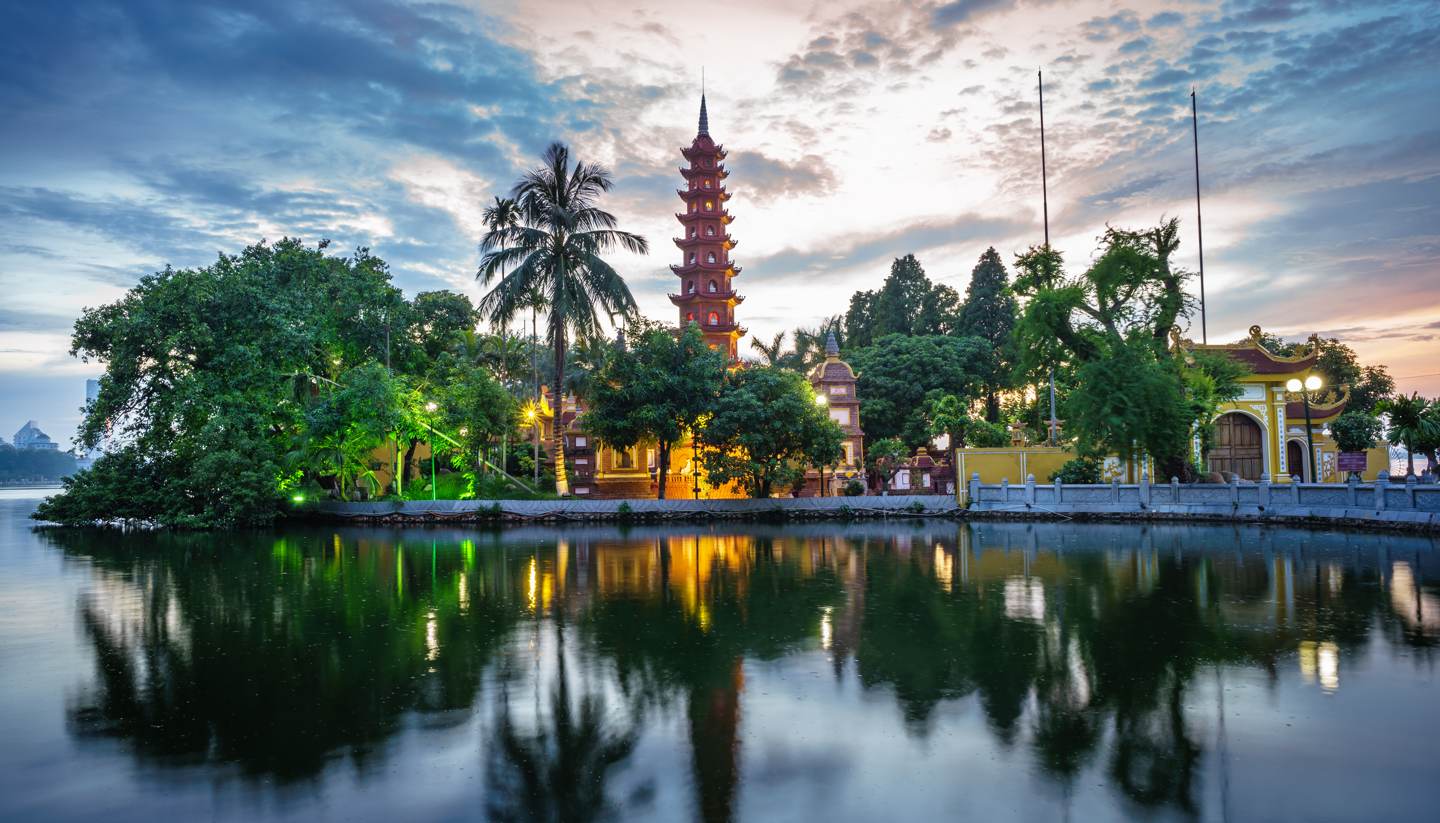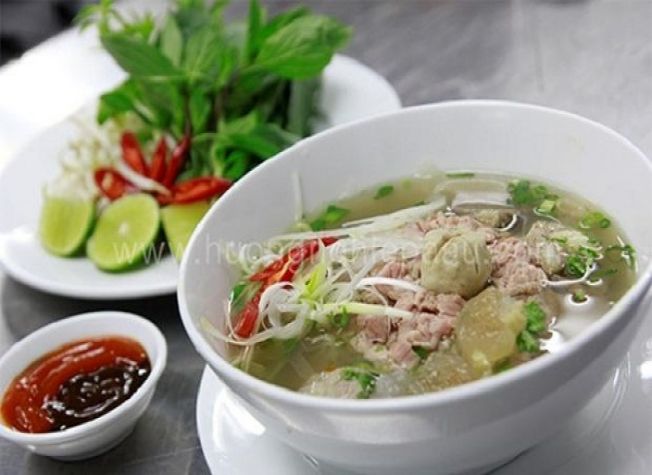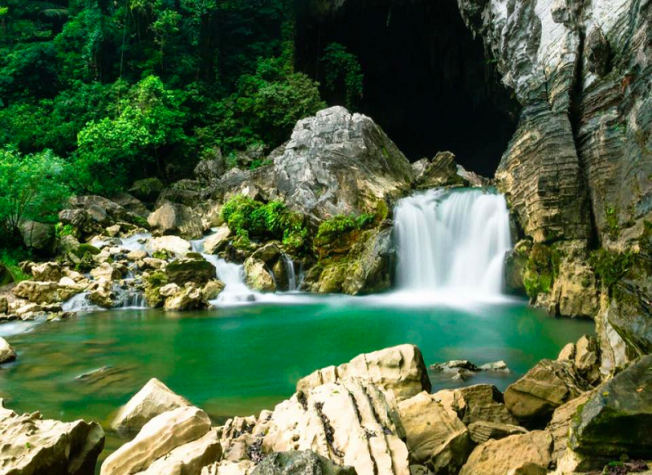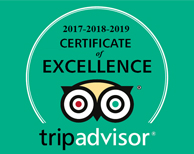Travel Safety in Vietnam
Vietnam is a safe country to travel. But some of the reasons you may be exposed to different and broader experiences and risks include:
- Different countries having different laws and regulations governing transport, infrastructure, safety etc, and may be lacking when compared to laws you may have at home.
- The itineraries we operate often times include strenuous activities and physical demands beyond which you may usually partake in at home. In addition, these activities are on occasion undertaken in remote and isolated areas.
- Natural events such as hurricanes, earthquakes, storms, flooding etc… can happen the world over. Sometimes they strike in locations in which we operate a tour. The remote location of some of our tours may compound the impacts beyond the natural event itself.
- Most of the people you meet on your travels will be genuine, welcoming and honest. However, as anywhere, there is a small element preying on the unsuspecting tourist.
- The remote locations of some of our tours mean support and assistance is not always readily available.
- The infrastructure (hospitals, transport, emergency services etc…) of some of the countries we visit may be lacking when compared to the ones you may have at home.
- Adventure Discovery Tours takes all reasonable measures to ensure your safety and enjoyment while traveling with us. The aim of this document is to give you an insight into ways you may further enhance your own personal safety while abroad. "The door to safety swings on the hinges of common sense".
First things first:
There are a number of things that you may do before even leaving home that will help you to have a safe and enjoyable travel experience:
- Take copies of your passport and other important documents with you. This way, if you lose your documents, you can at least present a copy to your embassy or consulate while abroad and have replacement or temporary travel documents issued. A tip we received from one of our seasoned travelers was to scan the documents, and send them to your email. That way you have additional access to them online.
- We suggest registering your travel plans with your embassy or consulate before leaving home. Should a serious event occur, your Government will be able to make contact and account for you.
- Take out appropriate insurance. No one ever expects an injury or accident to happen. However, we have a number of unfortunate stories from travelers and they usually start with: “I never expected...”
- Leave a copy of your itinerary with friends or family. Health information
Some of our trips may lead you to some exciting off the beaten tracks. With that, comes exposure to new and unfamiliar bugs, viruses and infections. Consult you local medical professional well before leaving home. You may need injections to prevent against common diseases', and they may need some time to incubate before they are effective. Your medical professional or travel clinic will advise on what is needed.
We also ask you to complete our online medical questionnaire. This will help us to give you the facilities you need while with us, and allow us to give special attention to those who need it.
Transport:
The travel experience will expose you to many different types and forms of transport, and many risks and rewards. Some of these may be familiar to you and just a matter of commonsense, and some may not. Take note of the top 5 below tips received from experienced our travelers:
-
Air Transport:
- Pay attention to the inflight briefing. It may seem monotonous or boring to those who travel often, but in the event of an emergency, you will need to know it instantly.
- Count the rows to the emergency exit. In an emergency, lighting may be reduced.
- Listen to the flight attendants. They are primarily there for your safety.
- Keep your seatbelt fastened. Turbulence can occur at any time.
-
Buses and Trains:
- Keep your personal belongings in your sight, or preferably on you.
- A lock placed on zippers is a good deterrent to a would¬ be thief.
- Watch for uneven, slippery surfaces or other obstacles as you enter and exit the vehicle.
- Remain alert to surroundings. Be aware of distractions, as they may be opportunities for pickpockets.
- Know your stop.
-
Grab/Taxi:
- If you are staying at a hotel, have them call you a taxi, rather than waive one down on the street.
- Use taxies from a taxi stand where possible. Typically only registered operators may use a taxi stand.
- Keep your belongings at your side or feet. If you need to exit quickly they will be easily accessible.
- If in an emergency situation, leave the bags. You can run faster without it and items can be replaced.
- Check the Identification of the driver before getting in. It should be prominently displayed in the vehicle if it is a legitimate taxi.
-
Water transport:
- Listen to the safety briefing. You will need to know what to do in an emergency.
- If lifejackets are supplied – use them.
- Always have at least one hand free to hold onto something to help with your balance.
- The sun reflects up off the water. Ensure you have adequate sunscreen protection.
- Take medication for seasickness prior to boarding – it may take some time to become effective.
Accommodation:
Accommodation is generally considered a safe haven for weary travelers. However the reality is it is often the most likely place that accidents and thefts occur. The following things can be done to increase your personal safety as told to us by fellow travelers:
- When arriving, stay with your bags until they are transferred from the taxi or bus to the Lobby.
- Lobby can be chaotic places with many people coming and going. Keep an eye on your bags at all times when checking in and out. The busy atmosphere is a welcome distraction to opportunists.
- When you enter your hotel room, make sure the door closes firmly behind you and it locks.
- When in your room lock the door, use the security latch, lock windows, and connecting room doors.
- Always use the 'spy hole' to see who is at the door before opening it.
- Know the emergency assistance number, and how to operate the phone system.
- Store all unneeded personal items, cash, valuables and travel documents in the in¬ room safe.
- Take note of the emergency plan on the back of the hotel door. You will need to know it in an emergency.
- Place your room key in the same place each time. It avoids losing it, and you will know where it is in an emergency situation.
- Use the non¬slip mats in the showers if provided.
Out and about:
One of the great ways to experience a new destination is to simply immerse yourself into it! However, as with anywhere, there are select elements of the local community who prey on the vulnerable. We have received many tips and advices from our travelers on the best way to do reduce vulnerability, protect safety at the same time enjoy the amazing sights. Some of these ideas may be simple commonsense, while others you may not have thought about. These are the top 10 ways to enhance your personal safety while out and about:
- Blend in as much as possible, especially in your dress and appearance. Try to avoid an obvious tourist appearance.
- View maps discreetly. A map identifies you as a tourist, and unfortunately, a target.
- If disorientated, only ask for directions from uniformed officers or persons of obvious authority.
- Stay on well lit or well trafficked areas and roads. Danger often lurks in dark and less populated areas.
- Photos are a must when traveling. However, keep the camera discrete. Many 'point¬and¬shoot' cameras will fit in your pocket out of sight when not in use. Do not leave larger ones dangling around your neck, or other places in plain view.
- When withdrawing money from ATM's try to do so during daylight, in well trafficked areas and use machines that are associated with a recognized bank where possible. As with anywhere, protect your personal pin number by covering the keypad from prying eyes with your other hand. Once the cash is withdrawn, take time to ensure it is stashed away safely. Do not do so while walking down the street advertising the fact you are carrying amounts of cash with you. Leave excess cash, travel documents, jewelry in the hotel safe, or better yet at home if you don't need it while away.
- An experienced pickpocket can usually pick a tourist out in a crowd. Wear your purse over one shoulder with the opening flap against your stomach so that it's impossible to get into. If you're carrying a daypack wear it in front, kangaroo style.
- Where possible avoid walking alone – especially at night. Traveling with friends makes you much less of a target.
- Take something with the hotel name and address on it with you like a notepad or matchbox. This way, even if you do not speak the language, a taxi will be able to take you back to the hotel.
You can also check to see the list of some Illegal Things to Do in Vietnam, or contact us by email if you have any other questions about travel safety issues and booking a trip. Direct Customers: info@adventurejourney.vn Website: https://adventurejourney.vn

![]()
![]()
![]()
![]()
![]()
Best of Vietnam

Best Vietnamese Food You Have to Try in Vietnam
Best Food in Vietnam: Vietnamese Traditional Food is top World well known to be both healthy and...

10 Best National Parks in Vietnam
Vietnam Travel Guide: If you look for the Best Wildlife Discovery Experience in Vietnam, here are...
Read More
Best Souvenir to Buy in Vietnam
If you look for Best Things to Buy when traveling to Vietnam to bring home for your family & friends...
Read More
The 10 Best Places to Visit in Vietnam
Vietnam Travel Guide: Home to an extensive collection of historical and cultural attractions,...
Read More
Top 10 Museums You Should Not Miss in Vietnam
Vietnam, 4.000 years old country has a unique and lengthy history, culture with 54 ethnic groups. It...
Read MoreFind your trip
Vietnam Best Tours
Vietnam Car Rental
Vietnam Travel Blog
- Vietnamese People: Origin, History, Culture and Traditions
- Vietnam Currency: Best ATM and Places to Exchange Money
- Vietnam Map: Regions, Cities & Provinces Map of Vietnam
- What is illegal Things in Vietnam: Rules & Laws for Tourists
- Best Time to Travel to Vietnam to Avoid the Bad Weather
- Vietnam News: Population & Religions of 54 Ethnic Groups









